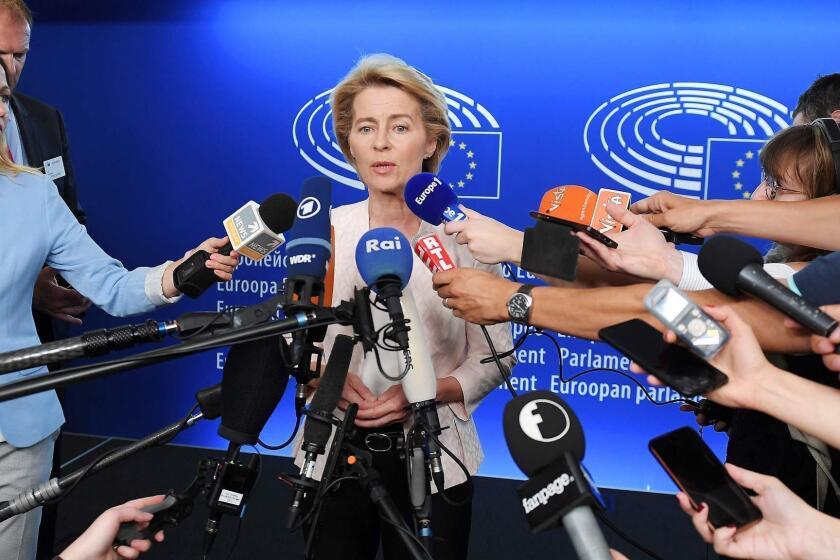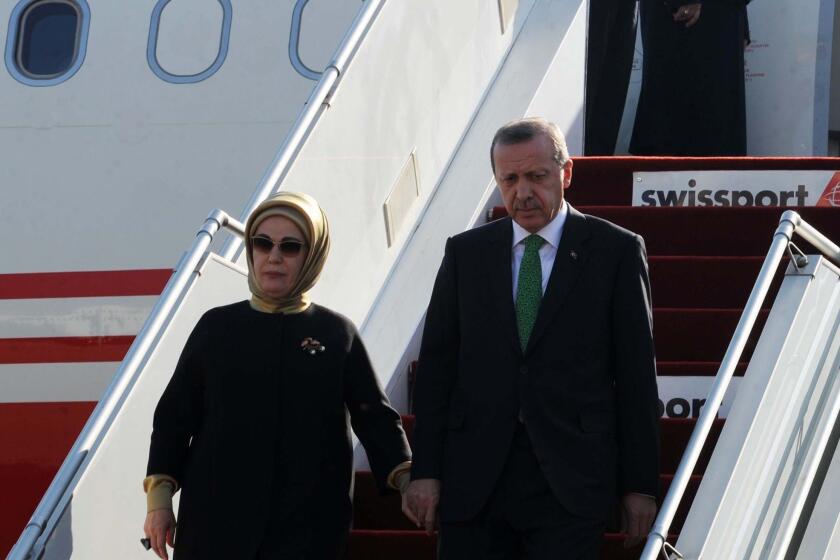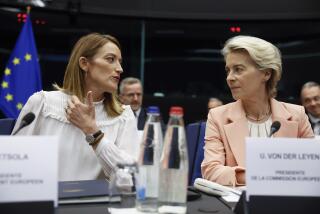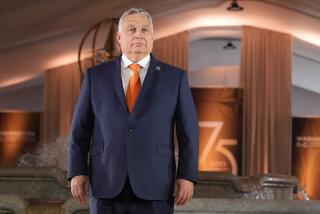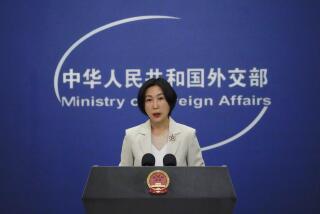Turkey rejects accusation it snubbed high-ranking EU official because of her gender
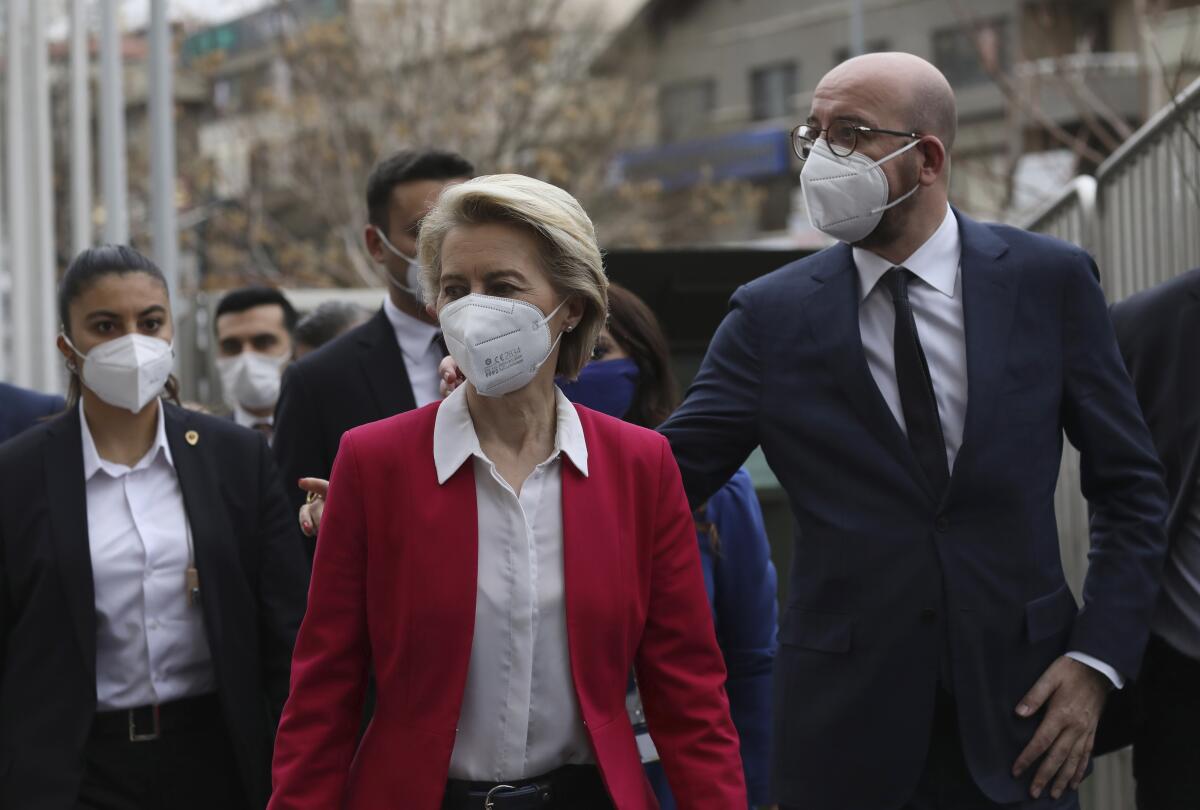
ANKARA, Turkey — Turkey on Thursday strongly rejected accusations that it snubbed Ursula von der Leyen — one of the European Union’s most powerful officials— because of her gender, insisting that the EU’s own protocol requests were applied during a meeting at the Turkish presidential palace.
Von der Leyen — the European Commission president — and European Council chief Charles Michel met with Turkish President Recep Tayyip Erdogan for talks on Turkey-EU relations Tuesday. The guests were led into a large room for discussions with Erdogan, but only two chairs had been set out in front of the EU and Turkish flags for the three leaders.
Von der Leyen stood looking at the men who took the chairs, expressing her astonishment with an “um” sound and a gesture of disappointment. She was later seen seated on a large beige sofa away from her male counterparts.
The images drew intense criticism on social media and accusations of gender discrimination.
Turkish Foreign Minister Mevlut Cavusoglu said Turkey had come under “extremely unfair” criticism over the visit and the alleged slight.
“Turkey is a deep-rooted state, and this is not the first time that it has hosted a visitor,” Cavusoglu said. “The protocol applied during its meetings is in line with international protocol rules as well as the world-renowned Turkish hospitality traditions.”
Ursula von der who? Ursula von der Leyen.
Cavusoglu insisted that Turkish and EU officials in charge of protocol had held meetings prior to the visit and that the arrangement was in line with EU requests.
“The protocol that was applied during the narrow-scope meeting that was held at our president’s office met the requests of the EU side. In other words, such a seating arrangement was made in line with the suggestions of the EU side. Period,” he said.
The Turkish minister added that he felt obliged to lay the blame on the EU publicly following accusations against Turkey from even “the highest levels of the EU.”
Facing a barrage of questions related to the incident for the second straight day, EU Commission chief spokesman Eric Mamer did not comment on the Turkish authorities’ version of the incident, and tried to play down its seriousness.
Turkish President Recep Tayyip Erdogan has stirred controversy again with a speech Monday disputing gender equality and defining women’s role in society as motherhood.
“If you look at the president’s statements, what she put on her Twitter account, etc., you will see that there is no mention of this event,” Mamer said. “Let’s not exaggerate the importance that we gave to this event. We will make sure things are clarified so future missions go ahead according to a common perception of protocol measures.”
A day earlier, however, Mamer had said that Von der Leyen was surprised by the arrangement and that she should have been seated together with Michel and Erdogan.
For his part, Michel said that the embarrassment was the result of the “strict interpretation” by Turkish services of protocol rules, and he regretted “the differentiated, even diminished, treatment of the president of the European Commission.” He said photographs of the meeting gave the impression that he was “indifferent” to the situation.
“Nothing could be further from the truth, or from my deeply held feelings — or indeed from the principles of respect which I hold so dear,” he said. “At the time, while realizing the regrettable nature of the situation, we decided not to make matters worse by creating a scene.”
News Alerts
Get breaking news, investigations, analysis and more signature journalism from the Los Angeles Times in your inbox.
You may occasionally receive promotional content from the Los Angeles Times.
Mamer said the commission welcomed Michel’s statement.
“It is very important that the European Union shows unity when it is dealing with third countries and partners,” he said.
More to Read
Sign up for Essential California
The most important California stories and recommendations in your inbox every morning.
You may occasionally receive promotional content from the Los Angeles Times.
